Human Rights Archive
Free Newsletter
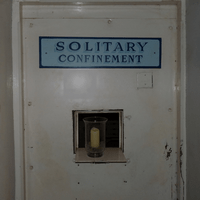
In July, a group of prisoners in the Security Housing Unit (SHU) of California’s Pelican Bay State Prison went on a hunger strike to protest their conditions of confinement. Central to the prisoners’ complaints was the fact that for years and, in some cases, for decades, they have been held in prolonged and indeterminate solitary confinement with few privileges and opportunities to engage in productive programming and activities. Importantly, as one prisoner put it in a letter to the informational website Solitary Watch, they were asking for “human justice, . . . fairness, compassion, positive reform, dignity . . . […]
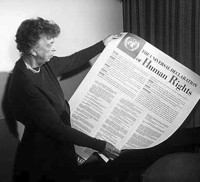
Eleanor Roosevelt once said that universal human rights begin “in small places, close to home.” It might be more accurate to say that they begin in the home, as the most intimate expression of whether human rights are respected within a society occurs between husbands and wives. Too often, however, the circumstances under which men and women come together to form households fall short of meeting basic standards of human rights. In Yemen, Sudan, Nigeria, Colombia and a number of other countries, it is legal for girls to be married younger than age 16. In many nations where child marriage […]
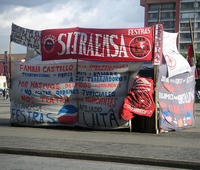
Sixty-three years ago, the United Nations’ labor agency, the International Labor Organization (ILO), adopted its most basic treaty, Convention No. 87 on the Freedom of Association and Protection of the Right to Organize, to advance the human rights of workers. The following year, it added Convention No. 98 on the Right to Organize and Collective Bargaining. These two conventions, neither of which the United States has ratified, form the bedrock of human rights for workers, and in 2011 the rights they protect are the most abused in the world of labor. Many human rights abuses confront workers today, from slave […]
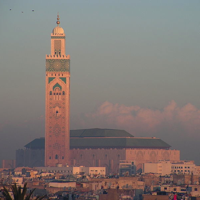
Religion is widely understood to be a powerful force in domestic and international politics in the Middle East, Southeast Asia, the Asian subcontinent, sub-Saharan Africa and Central Asia. It is used by multinational groupings — the Organization of Islamic Cooperation (OIC), for instance — to justify international cooperation and by both political figures and terrorists to justify violence. Since the 1990s, religion has become so pervasive in international politics that it is almost impossible to imagine that it has not always attracted the attention that it now commands. In fact, however, the salient role of religion in contemporary international political […]
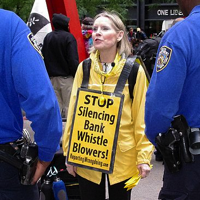
From revelations about illegal arms sales to leaks to the media about military misconduct in Iraq, whistleblowing by both private and public sector employees has increasingly become a powerful, if often controversial, form of dissent. The United Nations, the Organization for Economic Cooperation and Development (OECD) and other intergovernmental bodies have recognized that there is indeed a right to expose corruption, wrongdoing by public bodies, serious threats to health, safety or the environment, and breaches of human rights or humanitarian law. Whistleblowing is protected by both the individual’s right to freedom of expression as well as the public’s right to […]
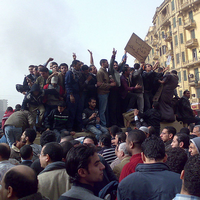
The order that structured the Arab Middle East for the past several decades is now coming apart, giving way to a new power landscape in the region. The new topography of strength is still very much a work in progress, but it is not too early to ask which countries are emerging as the most powerful and influential. This is a matter of importance not only to the states in the region. For centuries the Arab world has been the epicenter of regional and global struggles, and the ongoing changes it is currently undergoing pose a vital question for actors […]
A hostage situation at Venezuela’s Tocuyito prison ended last month when authorities agreed to transfer hundreds of prisoners to another facility. In an email interview, Chris Birkbeck, a specialist in criminal justice in Latin America at the University of Salford, discussed South America’s prison systems. WPR: Broadly speaking, what are the major problems facing the prison systems in South America? Chris Birkbeck: The biggest problem is the lack of control over inmates inside each establishment. Internal, often coercive, control is in the hands of prisoners, in some cases with the tacit recognition of the administration, but it is often contested […]
